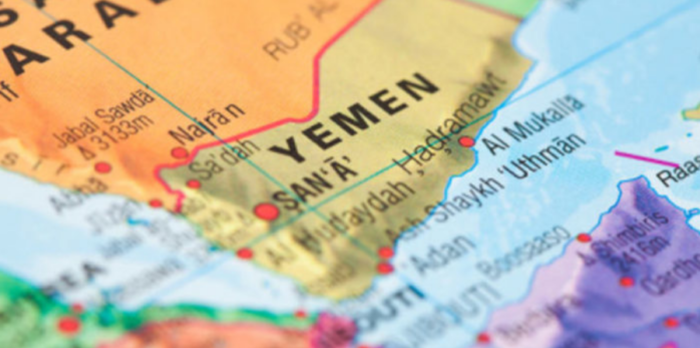During a briefing on the conflicts around Hodeidah port, Director of Operations and Advocacy division, John Ging, highlighted the importance that this port and the port of Saleef remain open. This will facilitate the flow of imports, in order to cover urgent needs for the people that are in distress.
Conflict in Hodeidah has escalated significantly. Since 1 June, violence has forced more than 340,000 people from their homes. Most are sheltering with host communities near their areas, while others have arrived in Sana’a, Aden and nearby areas.
Sustained hostilities in Hudaydah city, interruptions to the port operations or a siege of the city would be catastrophic and must be avoided.
[smlsubform prepend=”GET THE SAFETY4SEA IN YOUR INBOX!” showname=false emailtxt=”” emailholder=”Enter your email address” showsubmit=true submittxt=”Submit” jsthanks=false thankyou=”Thank you for subscribing to our mailing list”]
What is more, there is no “contingency plan” to protect civilians from conflict in Hodeidah, as the capacity of international organisations and their response would quickly be overwhelmed.
In addition, last year Hodeidah experienced a devastating cholera outbreak. This highlights the need for water and sanitation lines to be ensured.
Hodeidah and Saleef are the lifeline for the majority of imports of these essential commodities, as well as food and fuel needed by millions of Yemenis every day to survive, Mr. Ging noted.
These ports are currently open and operational. In fact, commercial food imports in May rose to their highest level since November 2016. However, food and fuel imports fell again in June and July.
While keeping all ports open is critical, we are equally concerned about maintaining adequate quantities of affordable imports through these ports. To do so, the conditions must be created whereby shipping companies have enough commercial confidence to continue supplying them.






























































